
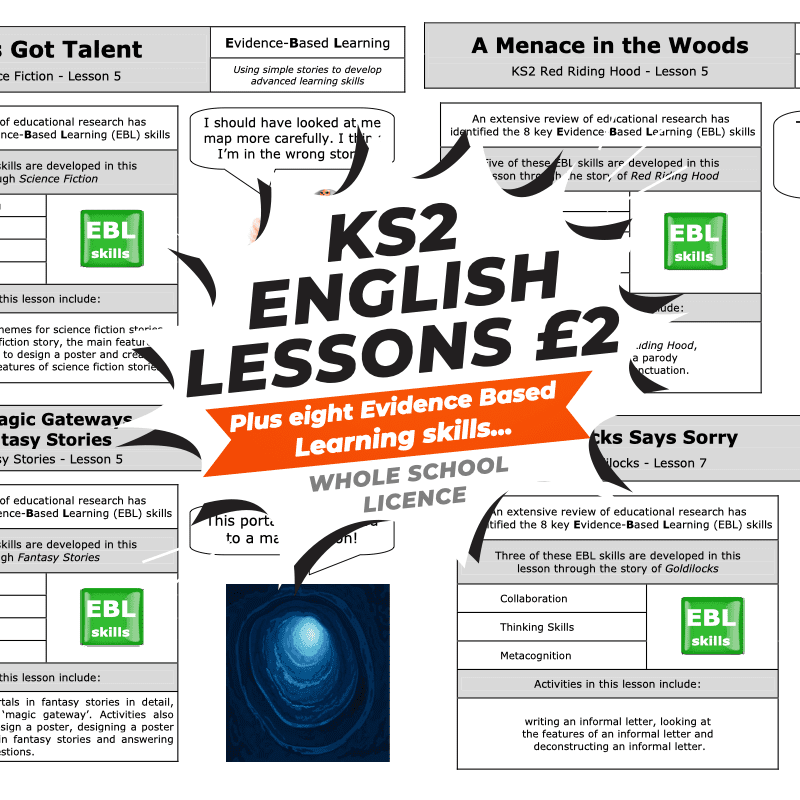
Every EBL lesson…
➽ Develops at least three EBL skills
➽ Develops KS2 English skills
➽ Includes a 5-min CPD activity
Other great things you might like…
➽ Lessons are pupil-ready
➽ No prep needed
➽ Front pages show the EBL and English skills
➽ Lessons maximise learning outcomes so no child is left behind
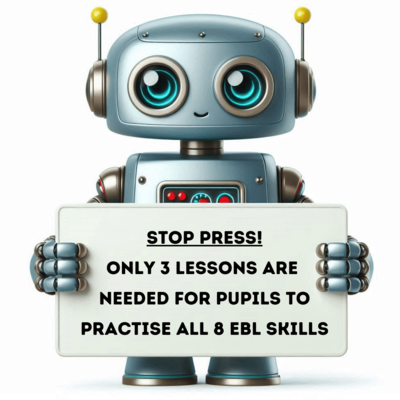
Check out the EBL lessons ➽
or take a quick peek at the EBL skills below…
EBL Skill 1
Collaboration
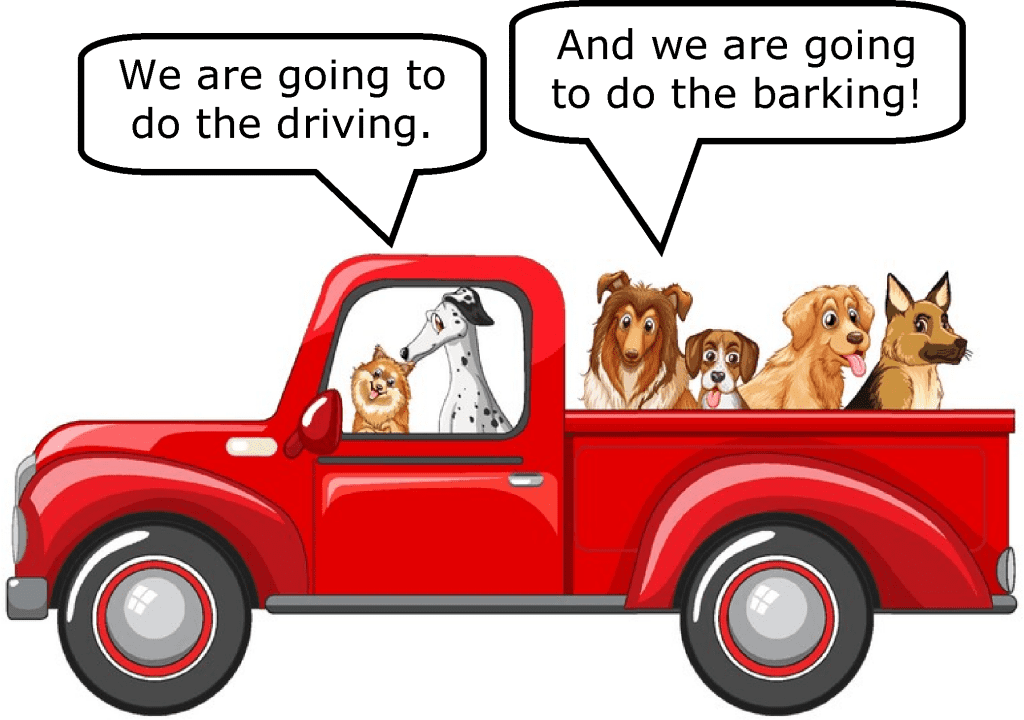
The longer that learners of different abilities participated in engaged groups, the more the knowledge of the subject improved for all learners.
Children Must Be Taught to Collaborate, Studies Say – Education Week – May 2017
EBL Skill 2
Thinking Skills
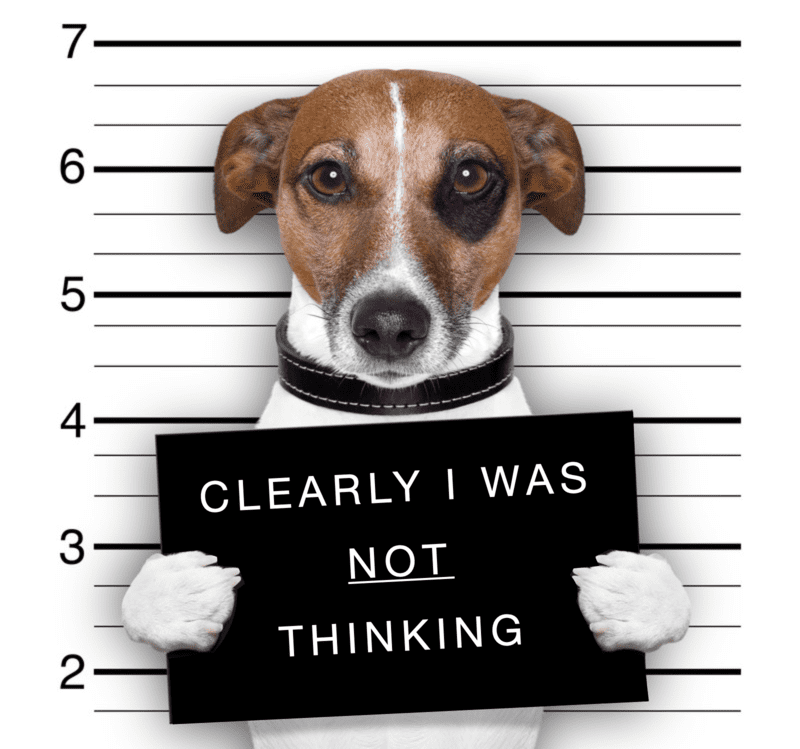
Bloom’s Taxonomy provides clear and relevant pathways for learners to move through the orders of thinking, from basic remembering to more complex skills such as evaluating and creating.
Adapted from: What is Bloom’s taxonomy? – Feb 2023 – Dzemila Okanovic
EBL Skill 3
Peer Assessment
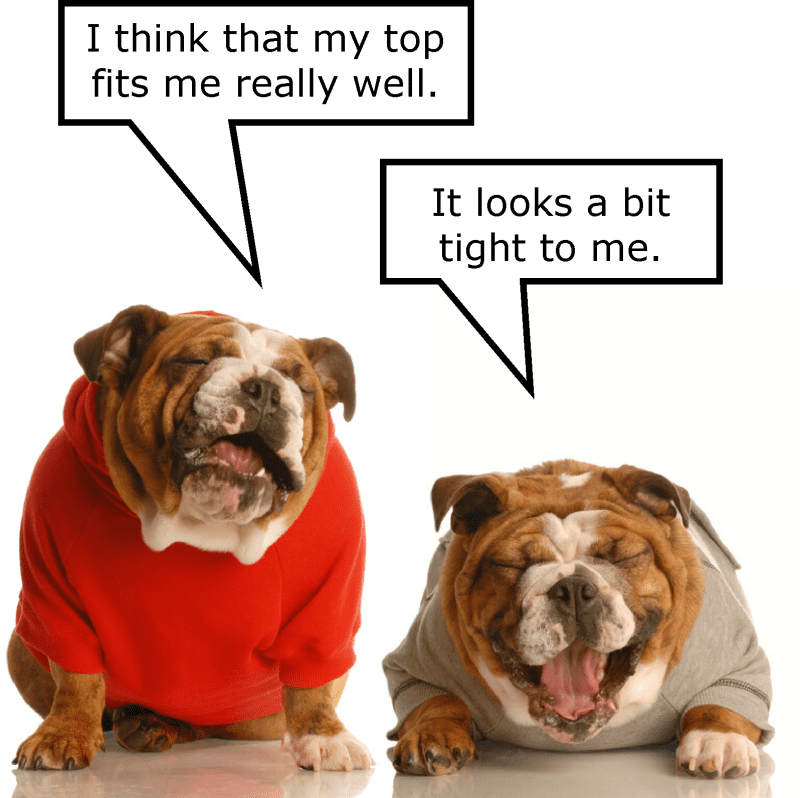
Giving feedback to peers about their work is often more beneficial than receiving feedback because it is more cognitively-engaging. It involves higher-order processes, such as application of criteria, diagnosing problems and suggesting solutions.
The development of student feedback literacy: Enabling uptake of feedback
Carless and Boud – Taylor and Francis – May 2018
EBL Skill 4
Peer Teaching
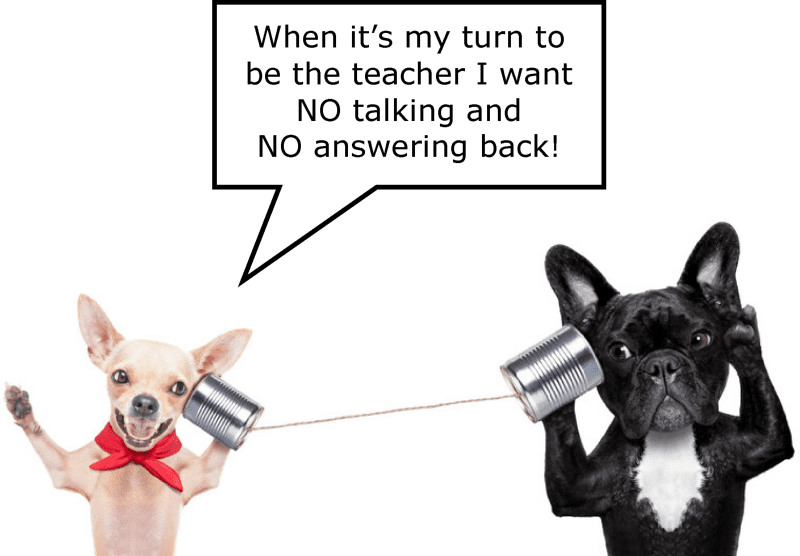
Evidence is accumulating that peer learning creates greater confidence and independence in learners, plus a deeper understanding and improved grades for both the peer teacher and their learner.
Benefits of peer to peer learning – Feb 2014
EBL Skill 5
Self-Assessment
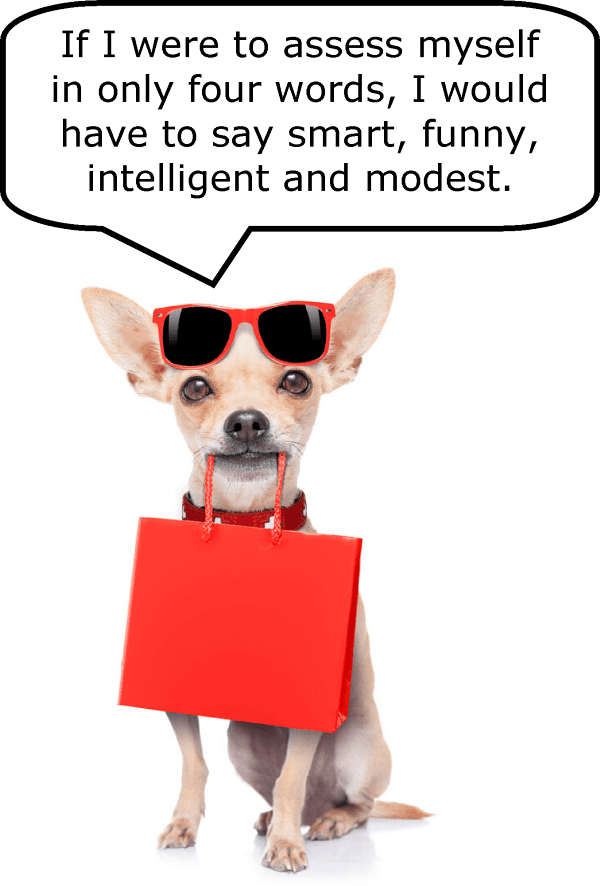
Self-assessment is a critical component of 21st century learning and has been shown to have a positive impact on learner motivation, engagement, and achievement.
S.K. Smith & J.M. Johnson – The impact of self-assessment on student motivation and achievement in the 21st century classroom – Journal of Educational Research – Vol 21 2017
EBL Skill 6
Metacognition
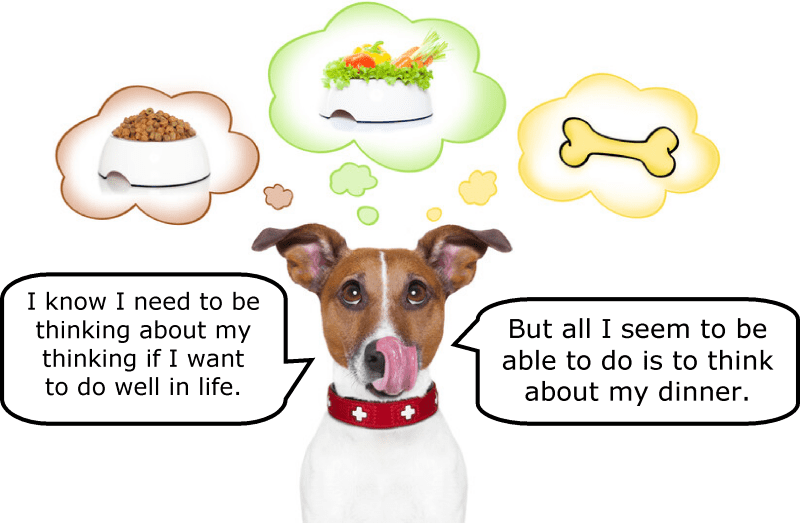
Metacognition is thinking about your thinking. It refers to the processes used to plan, monitor, and assess one’s understanding and performance.
Metacognition – Center for teaching Vanderbilt University 2023
EBL Skill 7
Self-Regulation
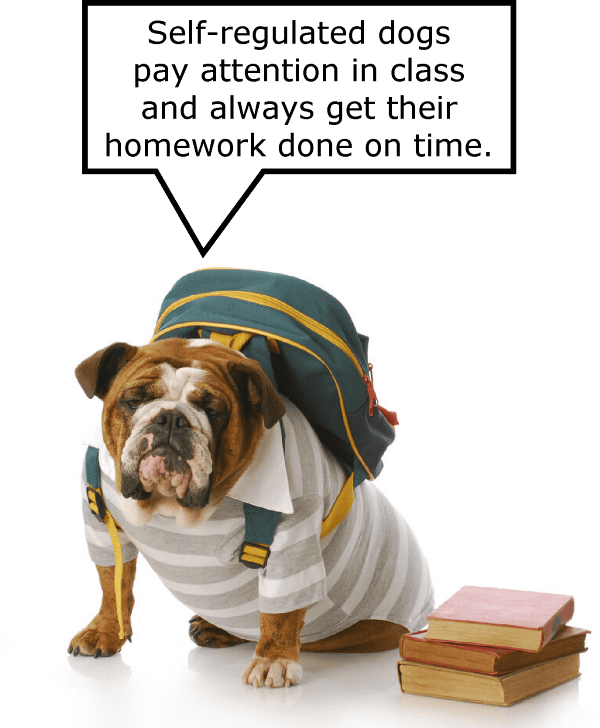
Cognitive skills are the core skills your brain uses to think, read, learn, remember, reason, and to pay attention.
Non-cognitive skills are the attitudes and behaviours that are needed for learning, such as conscientiousness, perseverance, and motivation.
Mind Matters 2018 – A Rosetta Stone for non-cognitive skills – Jan 2015
EBL Skill 8
Independent Learning
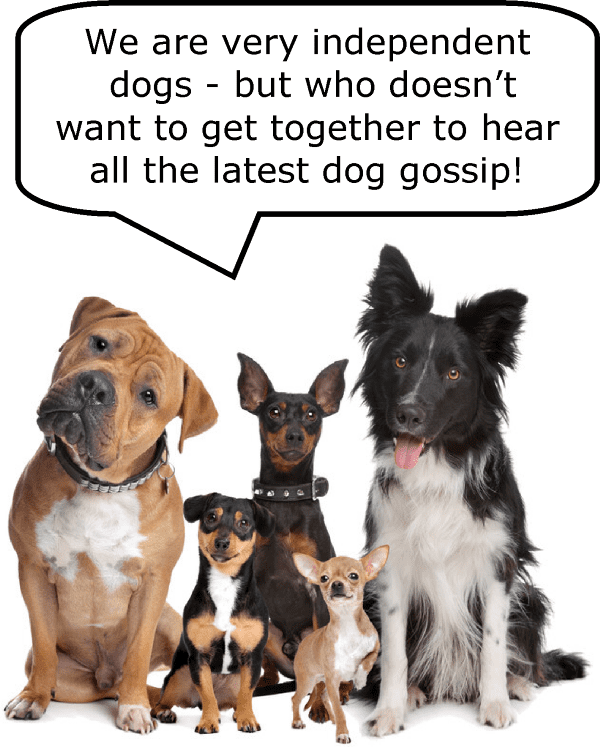
An independent learner can make informed choices, set goals, and make decisions about how to fulfil their learning objectives.
Independent Learning: A Teacher’s Guide – Paul Main – Structural Learning

Need more…? Click on a cog to check out a wide range of research on each EBL skill…









